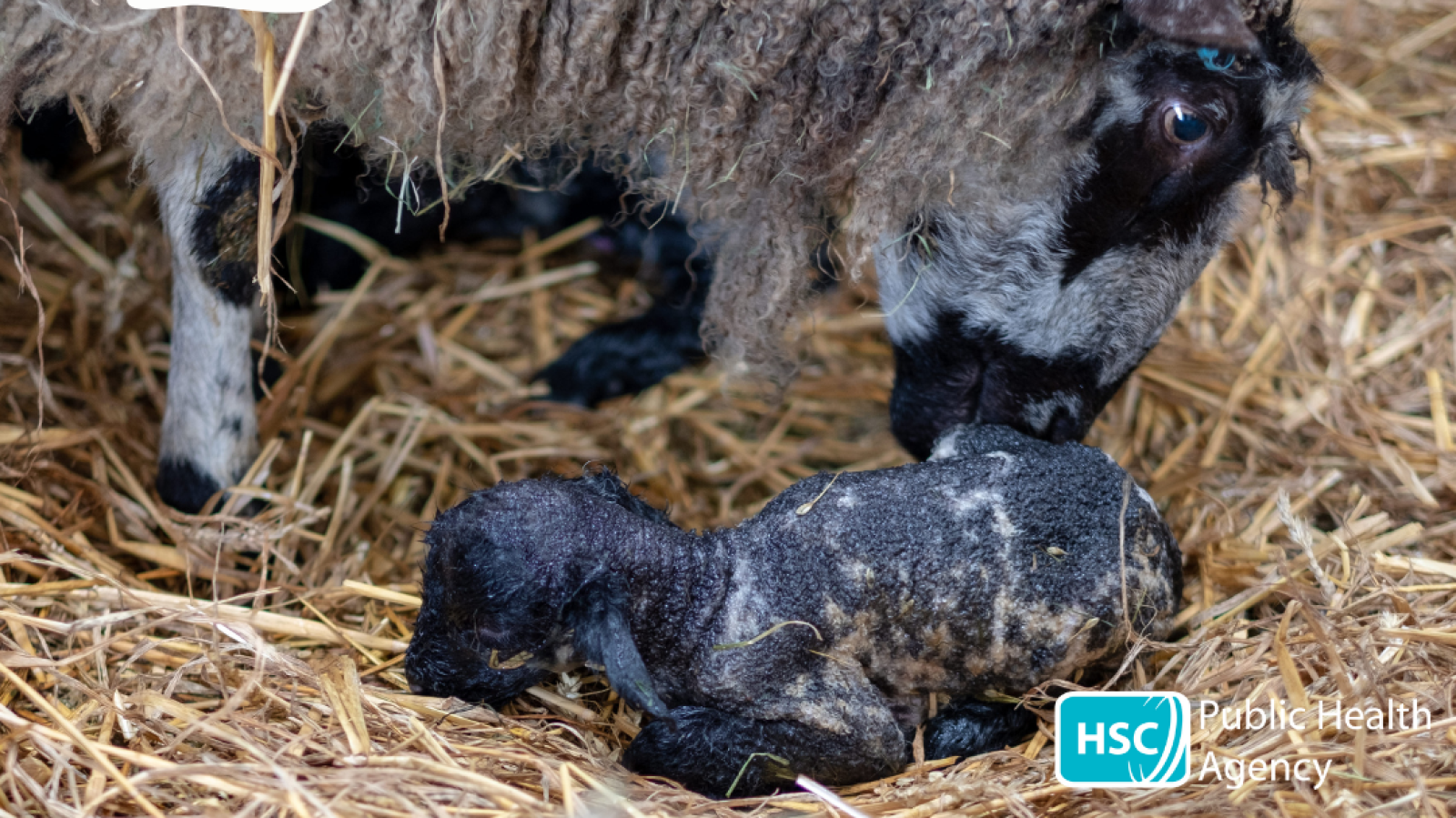Welcome to the Public Health Agency
Latest news

28 January 2026
The Public Health Agency (PHA) and Cancer Focus Northern Ireland are reminding people not to forget to pack their sunscreen when getting ready for their winter getaway, whether it’s to the beach or...

21 January 2026
The PHA advises women who are pregnant or think they may be pregnant to take precautions to reduce the risk of miscarriage and infection by avoiding close contact with sheep,

19 January 2026
This Cervical Cancer Prevention Week, the Public Health Agency (PHA) is reminding women of the importance of attending for cervical screening when invited. Screening is aimed at detecting early cell...
Latest publications
28 January 2026
Learning Matters Newsletter provides a method of sharing learning relating to serious adverse incidents, complaints, reviews and patient experiences across Northern Ireland.
22 January 2026
This leaflet is used to support the Northern Ireland Breast Screening Programme. It is issued to women who receive a normal result after being recalled for further tests at a breast assessment clinic.
22 January 2026
This leaflet is used to support the Northern Ireland breast screening programme and describes how women should check their breasts regularly for any changes that are new to them.
Featured content
The HPSA report provides an overview of selected surveillance metrics in the form of a situational awareness summary. Horizon scanning provides information on emerging situations that can impact public health including local, national and global events.
COVID-19 vaccination surveillance in Northern Ireland, Autumn/Winter 2025/26 (weekly)
Seasonal Influenza Vaccination Surveillance in Northern Ireland Autumn/Winter 2025/26 (weekly)
About the Public Health Agency (PHA)
The Public Health Agency (PHA) is a dynamic, multi-disciplinary organisation dedicated to improving and protecting the health of the population. As part of the health and social care family, we work closely with the Strategic Planning and Performance Group (SPPG) of the Department of Health (DoH), local Health Trusts (HSC Trusts), the Business Services Organisation (BSO) and the Patient Client Council (PCC), and other partners to drive meaningful change across Northern Ireland.
Guided by our vision of a healthier Northern Ireland, our purpose is to protect and improve the health and social wellbeing of our population. We are committed to reducing health inequalities through leadership, partnership, and evidence-based practice.





